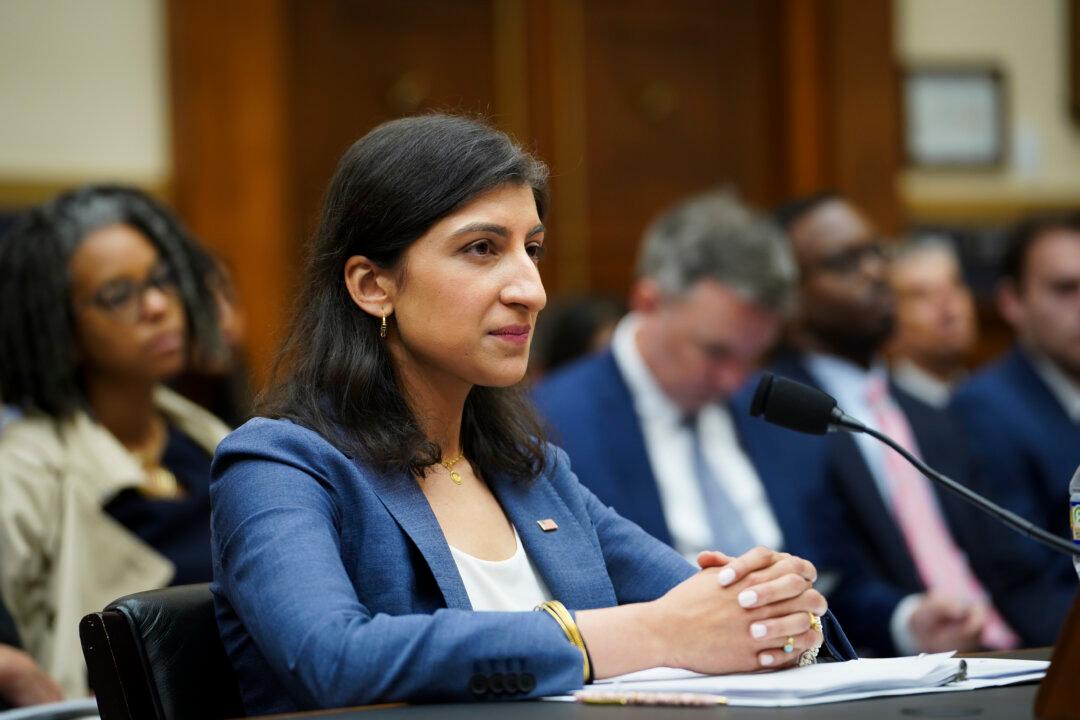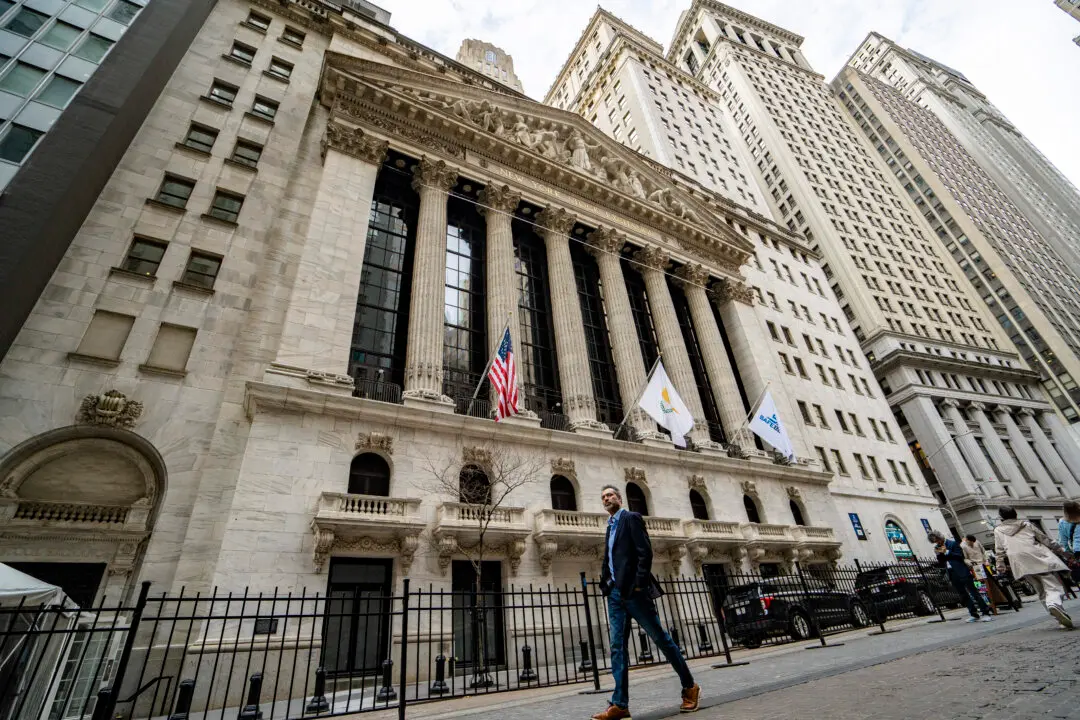Federal Trade Commission (FTC) Chair Lina Khan doubled down on the agency’s proposal to eliminate noncompete clauses from employment contracts and fight junk fees.
The FTC in January released a proposal to prohibit noncompete clauses—which prevent workers from leaving a company to join a rival company within a specified period—in an effort to bolster wages, increase competition, and improve market opportunities.





